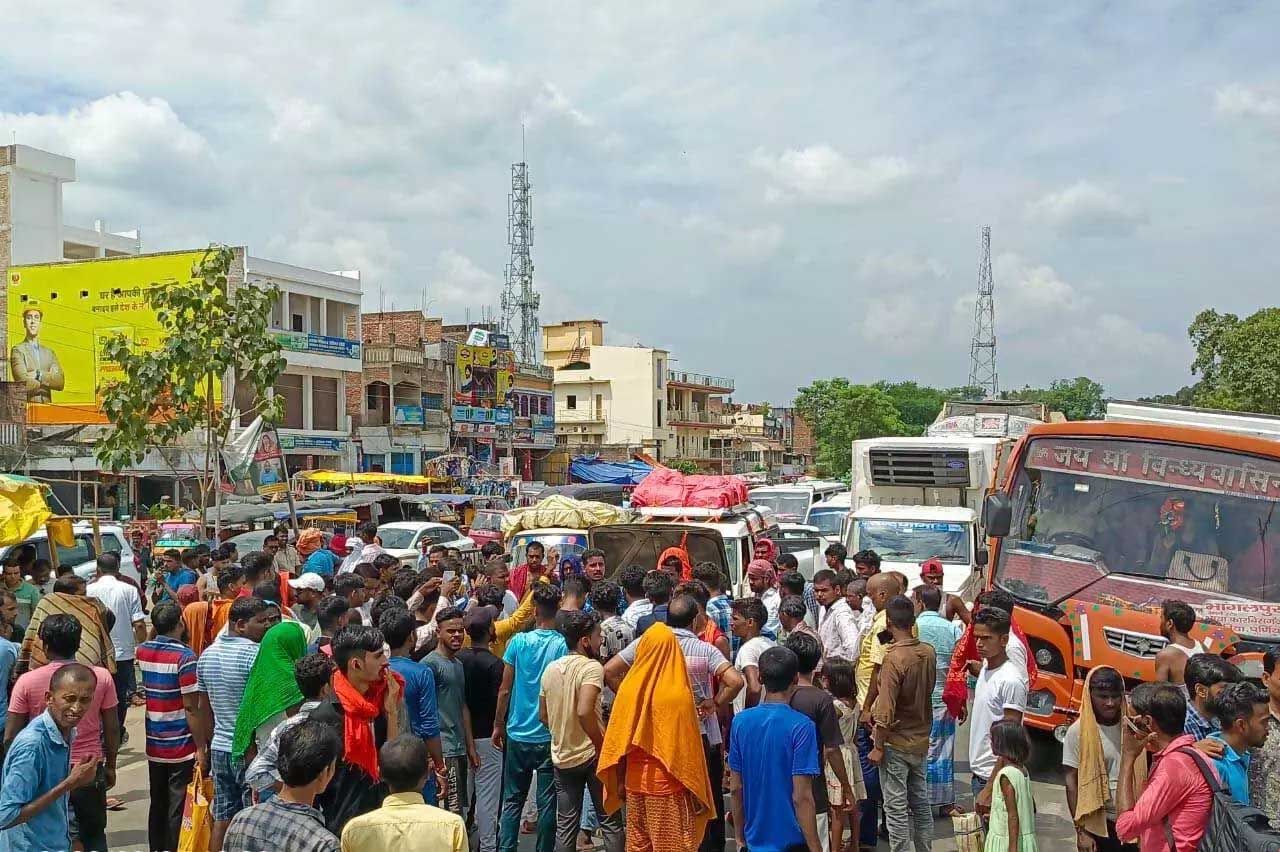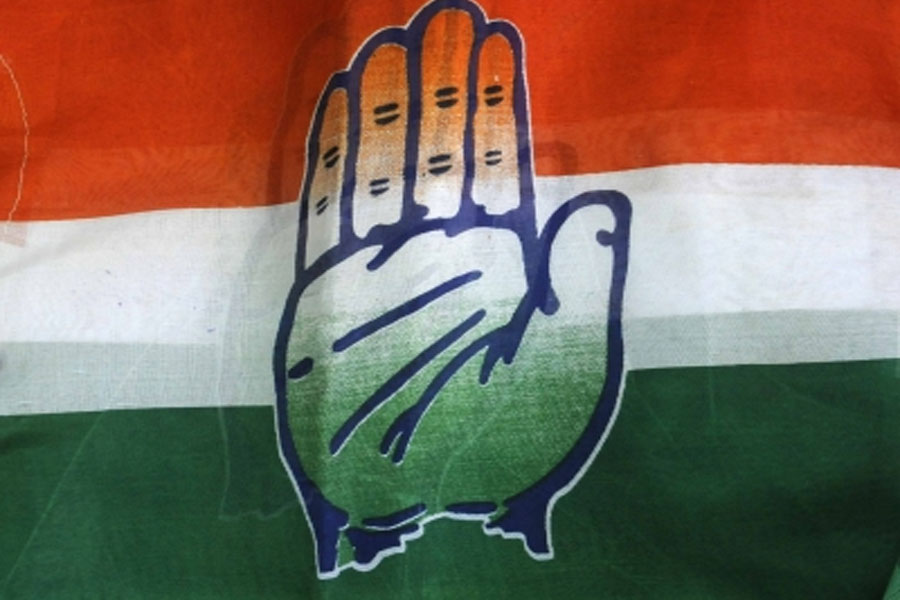Ahead of 2024 general election, Supreme Court refers petitions against Electoral Bonds Scheme to Constitution Bench

New Delhi: Ahead of the 2024 general election, the Supreme Court on Monday referred petitions challenging the Electoral Bonds Scheme to a five-judge Constitution Bench, saying it involved an important constitutional issue.
“In view of the importance of the issue raised, and having regard to Article 145(3) of the Constitution, the matter be placed before a Bench of at least five judges,” a three-judge Bench led by CJI DY Chandrachud said.
The Bench said the matter would be taken up on October 30.
The top court had on March 21 this year said it would examine if petitions challenging the validity of the electoral bonds scheme for funding of political parties needed to be referred to a Constitutional Bench for an “authoritative pronouncement”.
An Electoral Bond is a bearer instrument like a Promissory Note which can be purchased by an Indian citizen or an Indian company whose identity would remain secret from everybody except the SBI from whom it has to be purchased. Once purchased, the buyer can give it to a political party, which can encash it using its bank account.
It was introduced through the Finance Act, 2017, which made amendments to several statutes, including RBI Act, Representation of People Act, Income Tax Act and Companies Act to facilitate the scheme which was notified on January 2, 2018.
In its PIL filed in 2017, Association for Democratic Reforms (ADR) alleged corruption and subversion of democracy through illicit and foreign funding of political parties and lack of transparency in their accounts.
Maintaining that several constitutional issues having a tremendous bearing on the sanctity of electoral process were involved in the petitions challenging the validity of Electoral Bonds Scheme, ADR had earlier urged the Supreme Court to refer the matter to a Constitution Bench.
The Centre maintained that the electoral bonds scheme was an “absolutely transparent” mode of political funding and it was impossible to get any black or unaccounted money through it.
The Supreme Court had on October 10 said it would take up petitions challenging the Electoral Bonds Scheme for final hearing after Dussehra vacation as the petitioners chose not to argue on the scheme being passed as a Money Bill.
Attorney General for India R Venkatramani had on the last date of hearing told the Bench that one of the issues raised in the petitions against the Electoral Bonds was the issue relating to Money Bill which was pending before a seven-judge Constitution Bench.
On behalf of the petitioners, advocate Prashant Bhushan had said while Money Bill was one of the issues raised in the petitions, there were other issues to be decided independent of the Money Bill.
Contending that a corruption-free society was a facet of right to life under Article 21 (right to life and liberty), Bhushan had said anonymous funding of political parties violated the Right to Information of the citizens as it promoted corruption by allowing companies benefiting from the government of certain parties to anonymously donate to those political parties.
After the petitioners’ advocates, including Bhushan, said they would like the matter to be heard without arguing on the Money Bill issue in view of the 2024 general election, the CJI had posted the matter for final hearing on October 31 as the pre-hearing procedural formalities had already been completed.
On March 26, 2021, the Supreme Court had refused to stay the sale of electoral bonds ahead of the Assembly elections in West Bengal, Assam, Kerala, Tamil Nadu and Puducherry, saying “We do not see any justification for the grant of stay at this stage.”















